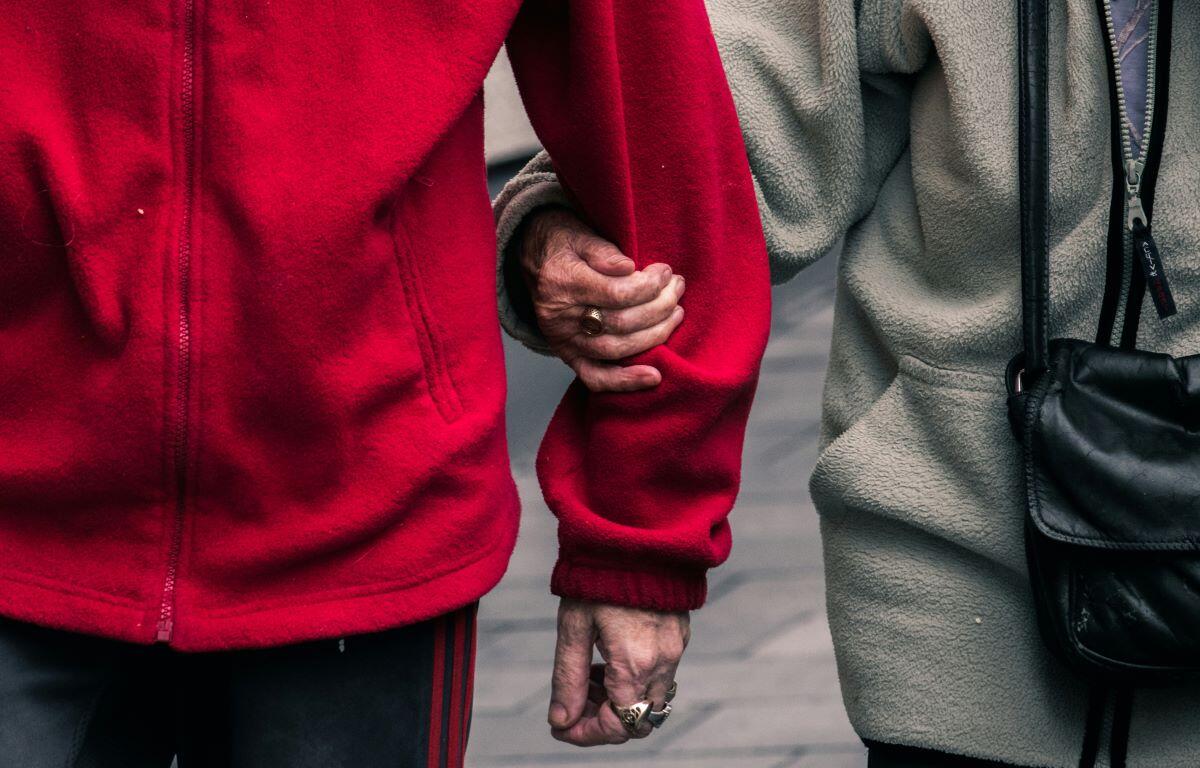For a countless number of older adults, Dementia and Alzheimer’s can be debilitating, but hard for others to fully understand. That’s why BrightStar Care of Charlottesville has partnered with Second Wind Dreams to provide the Virtual Dementia Tour for free to different organizations and groups around the community.
Developed by a PHD in neurology, the tour is designed to give a firsthand experience of what Dementia and Alzheimer can feel like.
“Our ultimate goal with presenting this is to educate people,” BrightStar’s Community Outreach Director Malina Rivers said, “so they can function with real empathy.”
Helping people grasp the symptoms
BrightStar has provided the tour to a variety of different organizations, but Rivers shared one particular experience that stood out to her. She said she had the opportunity to share the tour with a group of relatives of Dementia and Alzheimer’s patients at a local assisted living facility.
Many of the relatives were experiencing what Rivers called “caregivers’ guilt” over having to send their loved ones to the facility. But after taking the tour, the group finally realized the full extent of their loved ones’ conditions.
Rivers said BrightStar encourages caregivers to “give themselves some grace” due to the difficulty of fully helping Dementia and Alzheimer’s Patients and hopes the tour will give added perspective. They like to ask caregivers and family members of patients after the tour “What would you do differently now?”
Giving the full experience
The tour is designed to alter all five senses with various types of equipment and in doing so, aims to stimulate your brain in the same ways that Dementia and Alzheimer’s patients experience. This causes plenty of effects, and they can be so impactful that participants will sometimes start self-soothing behaviors like humming or singing without realizing it.
“You’re just trying to hang onto something to put your brain in a good spot to process the information,” Rivers said.
Helping people gain empathy for patients
After the tour, BrightStar goes through a debrief with participants, and asks them about their thoughts and emotions coming out of the tour. Rivers said some people have come out of the experience needing additional help like from counseling. She said the tour can sometimes “open things they didn’t know they needed to address.” Thus, the debrief is often just as important as the tour itself.
“Everyone learns a little bit about themselves,” Rivers said, “but they learned a lot about humanity.”
Rivers shared one story about a fellow in the neurology department at UVa whose mother was diagnosed with early onset dementia. After taking the tour, he was emotional and said he had no idea the extent of his mother’s symptoms, telling Rivers, “You need to come and present this to the neurology department right now.”



